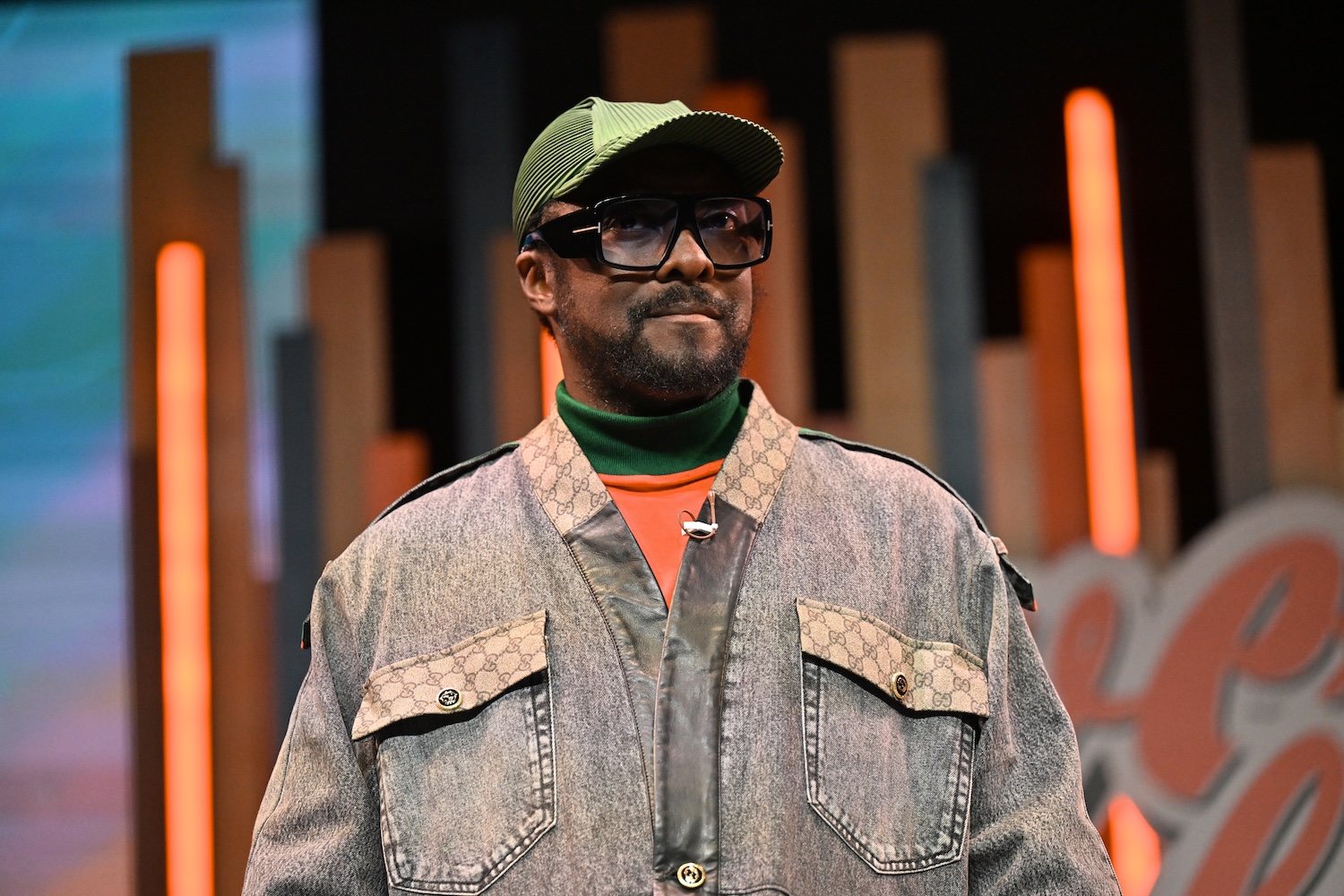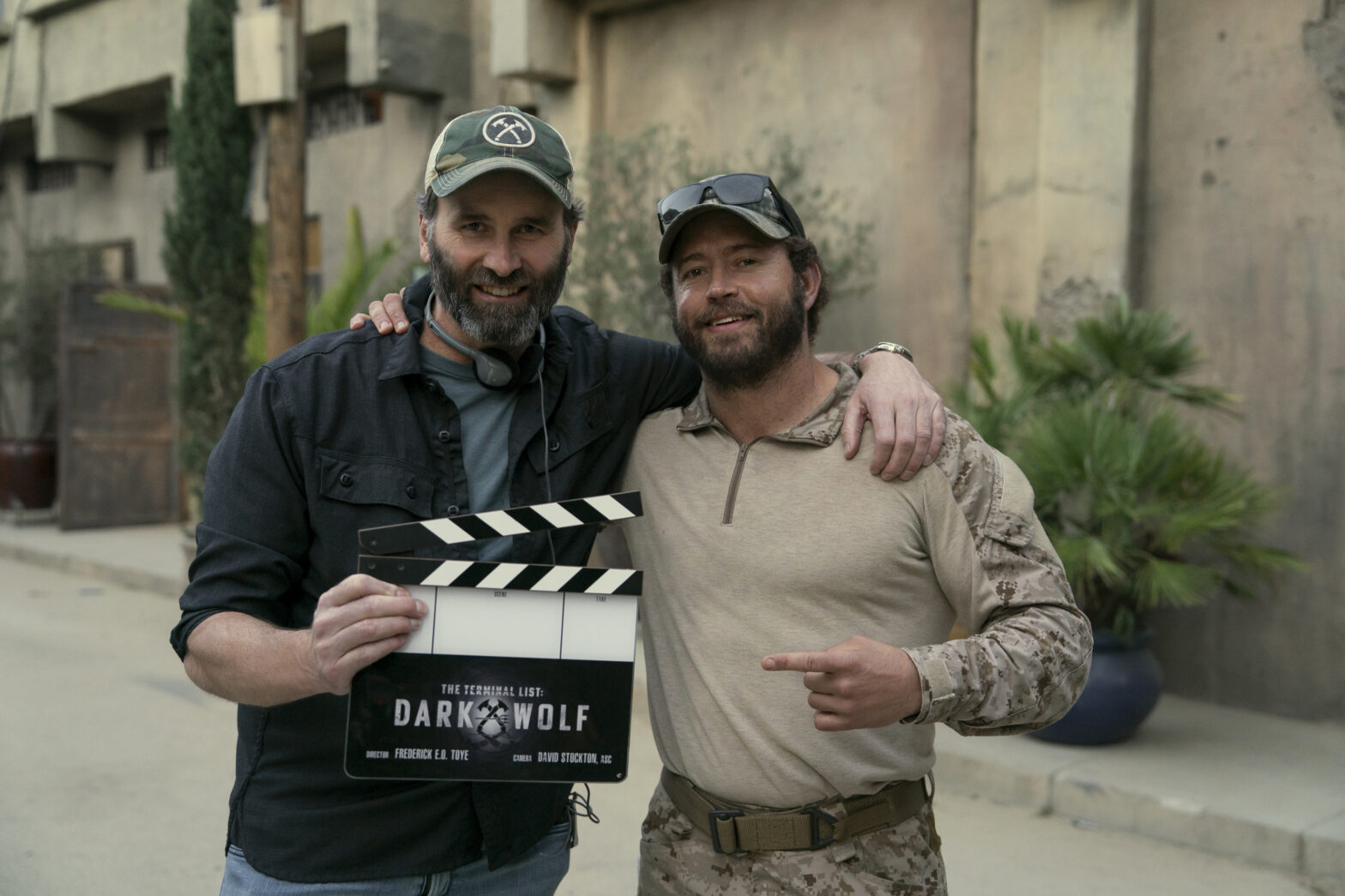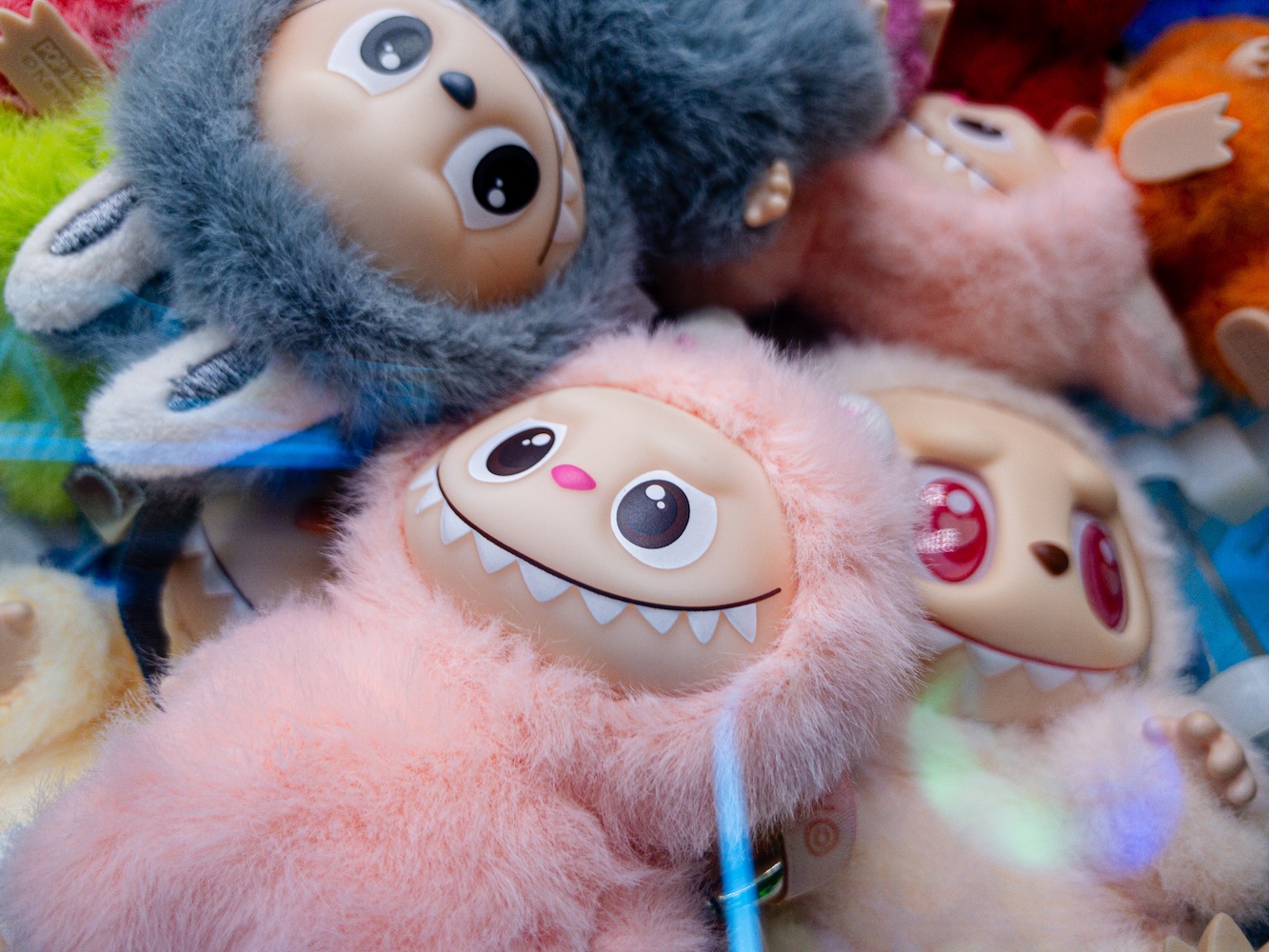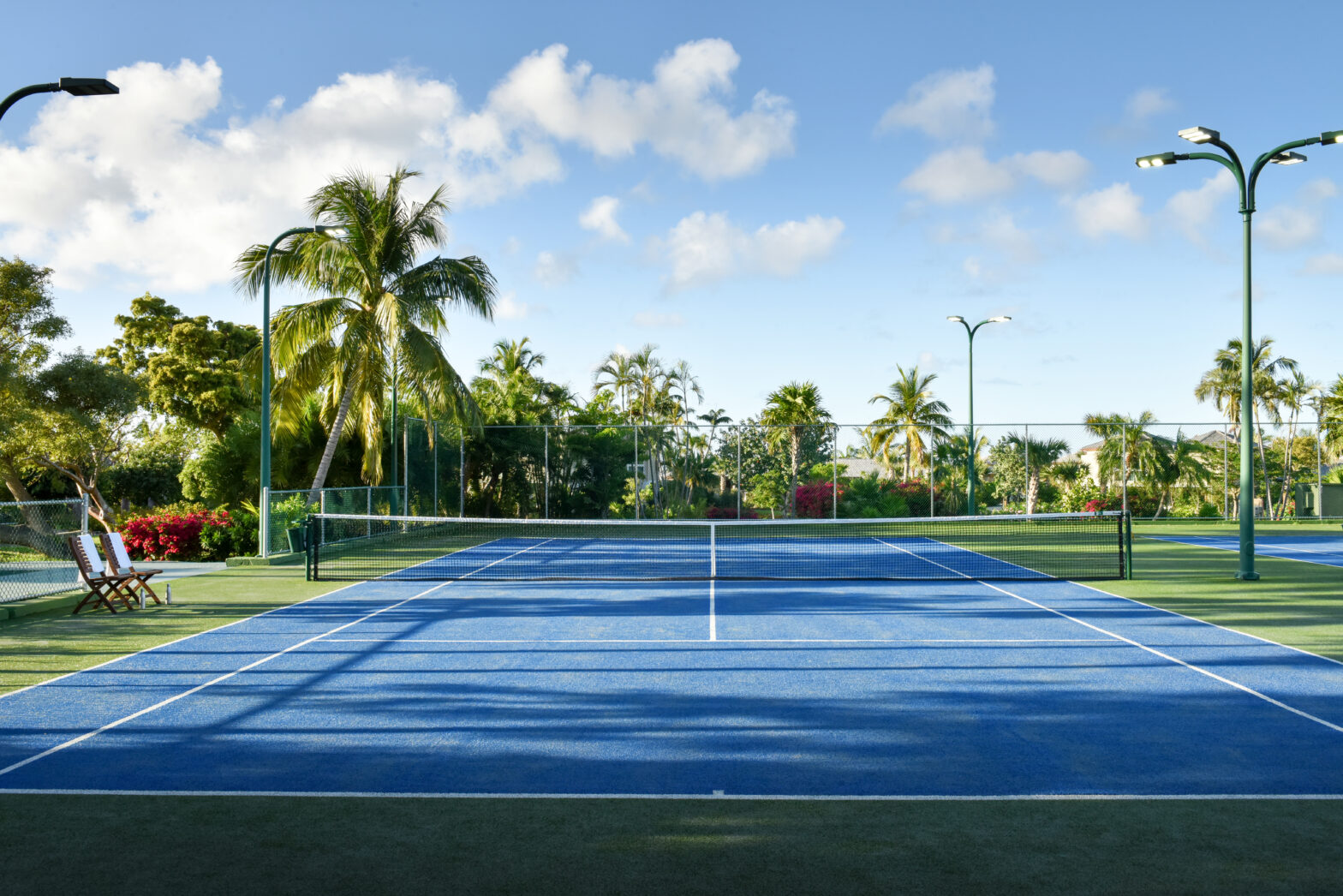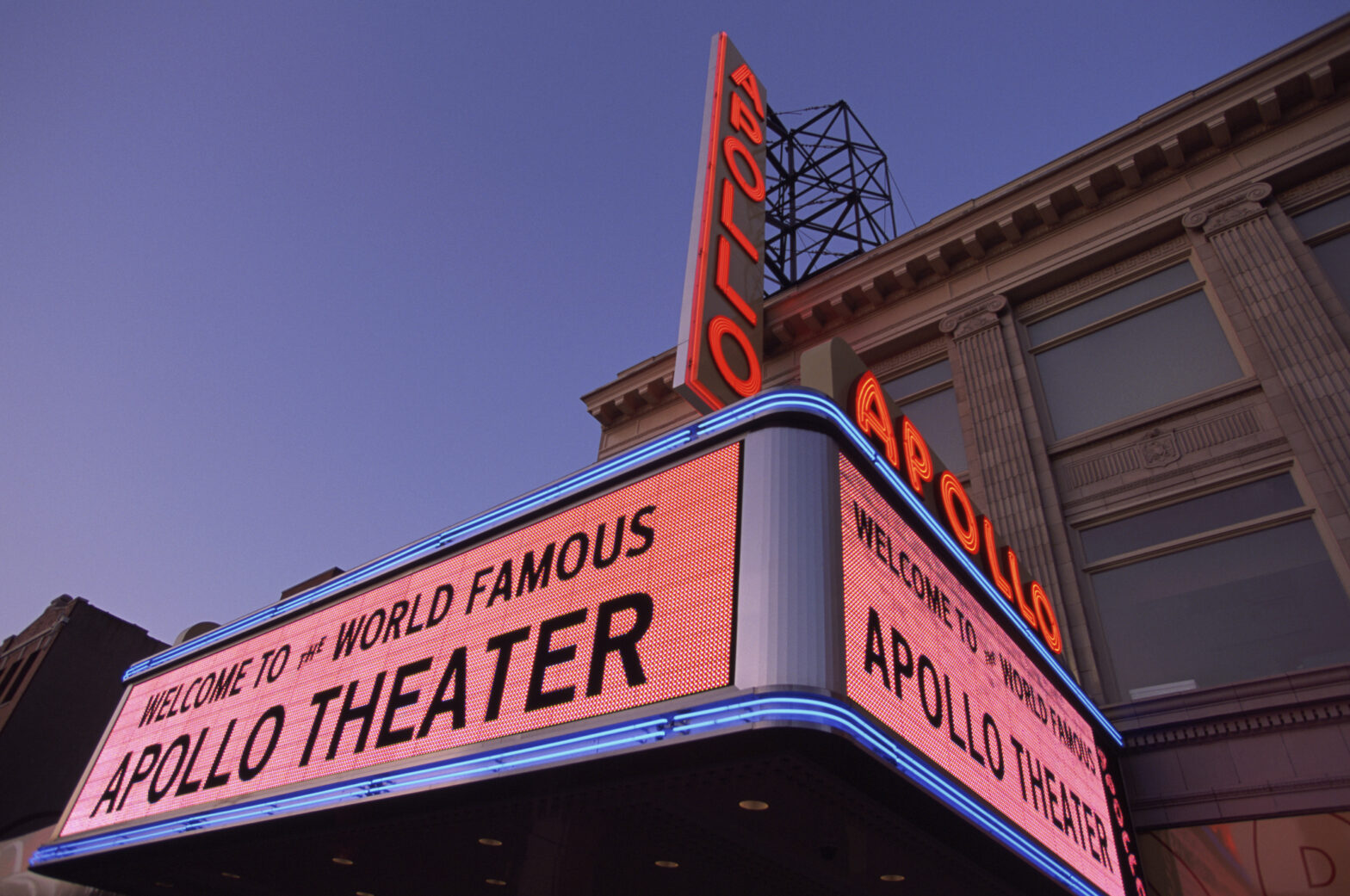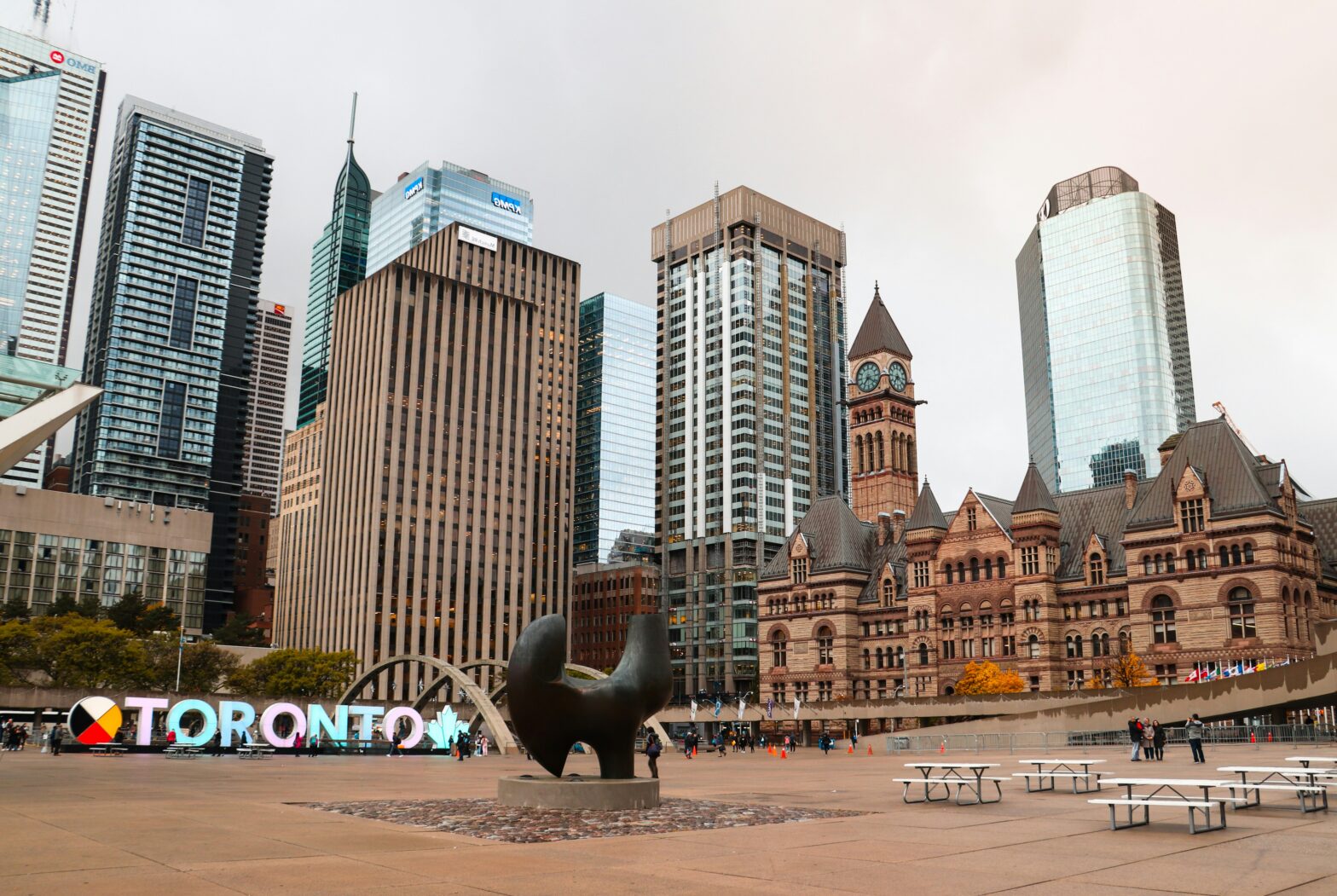Music mogul and tech entrepreneur Will.i.am recently disclosed that he doesn’t own a house. Instead, he chooses to live in hotels. The Black Eyed Peas frontman made this unexpected announcement during his appearance at the AfroTech Conference in Houston.
Despite his estimated net worth of around $70 million, Will.i.am, born William James Adams Jr., doesn’t consider himself to have “made it” in the traditional sense. The 49-year-old artist, known for chart-topping hits like “Boom Boom Pow” and “I Gotta Feelin’,” explained that he views success as a continuous journey rather than a final destination.
“As far as the idea of ‘I made it,’ I don’t think I made it, because every milestone takes me to the next milestone,” Will.i.am told PEOPLE. He elaborated on his living situation, saying, “I’ve never had a house. I bought myself a studio. I have my office, but I stay in a hotel. I don’t have a house because I ain’t bought the house that says ‘I made it.’”
Will.i.am’s Roots In South Central Los Angeles
Will.i.am’s unconventional approach to success and living arrangements stems from his humble beginnings. The hitmaker grew up in the housing projects of South Central Los Angeles. He vividly recalled memories of his mother collecting food stamps and the harsh realities of project life, including the loss of friends to violence.
These early experiences fueled his ambition and shaped his perspective on achievement. “When you are in a project, that’s your reality,” he reflected. “You come outside, your best friend that you grew up with is no longer with you because he got shot and you want to dream different — that’s where I get ambition from.”
Despite his success and unconventional lifestyle, Will.i.am remains deeply connected to his roots. He revealed that he returns to his old neighborhood every weekend when he’s home, demonstrating his commitment to giving back and staying grounded. His experiences have also inspired him to make a greater impact in underserved communities. After volunteering for tsunami relief in Indonesia, he realized the ongoing challenges faced by many neighborhoods in the United States.
“I was like, ‘Wow, there’s a tsunami that happens in every hood, every single day,’” he shared. “It’s not a tsunami of water but one of no opportunity, of neglect, of bad food, bad zoning. I thought, ‘Why am I not giving back to my own neighborhood?’”
